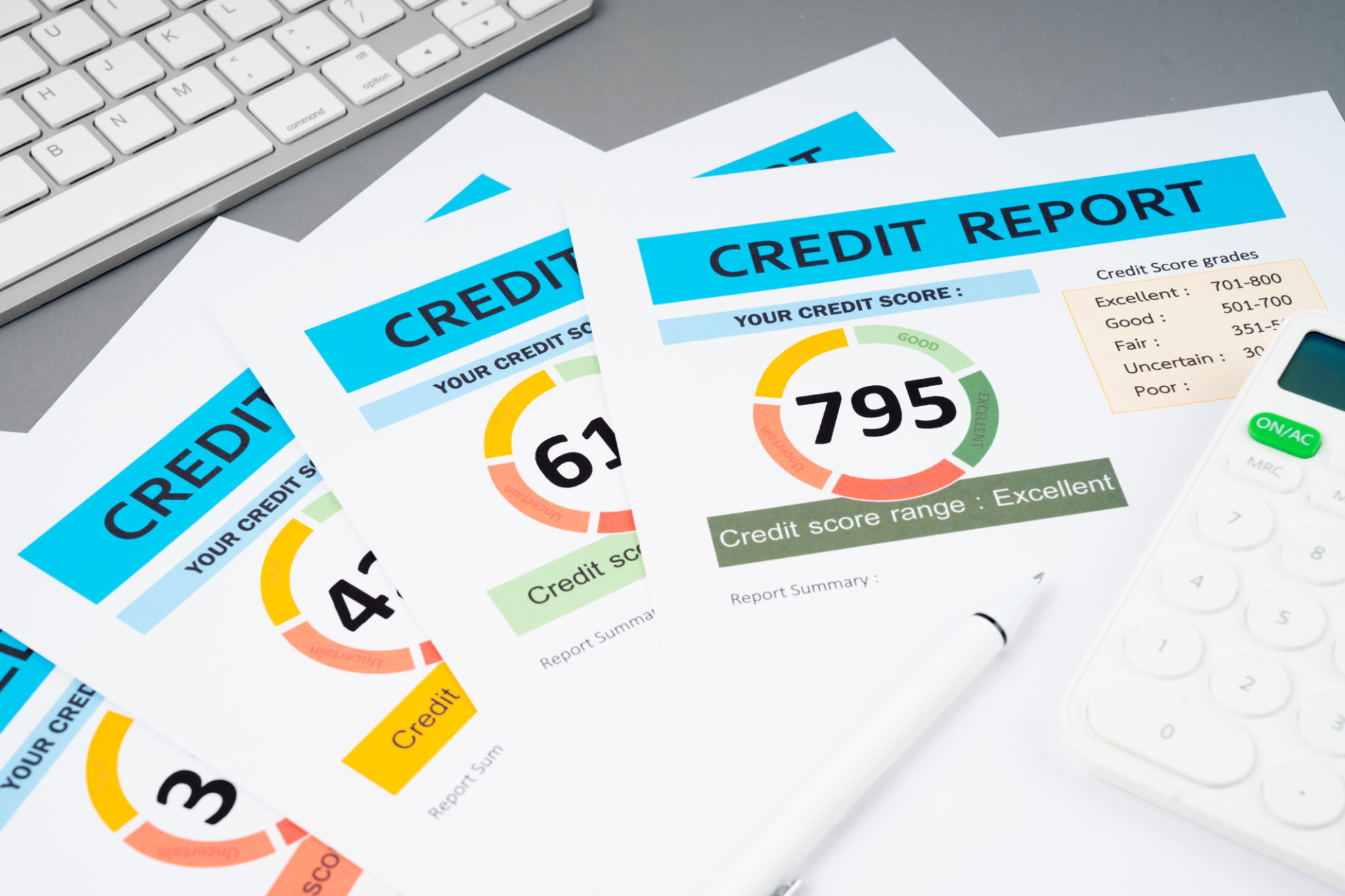How to Improve Your Credit Score in Baytown: A Step-by-Step Guide
Understanding Your Credit Score
Your credit score is a crucial part of your financial health, impacting everything from loan approvals to interest rates. If you're living in Baytown and looking to improve your credit score, understanding the basics is the first step. Your score is calculated based on several factors, including payment history, credit utilization, length of credit history, new credit inquiries, and the types of credit in use.
Each of these components plays a significant role in determining your overall score. For instance, payment history accounts for 35% of your score, making it essential to pay bills on time. Meanwhile, credit utilization—how much of your available credit you're using—makes up 30% of your score.

Check Your Credit Report
The first actionable step in improving your credit score is to obtain a copy of your credit report. Residents of Baytown can access their credit reports for free once a year from each of the three major credit bureaus: Experian, TransUnion, and Equifax. Checking your report allows you to identify any inaccuracies or fraudulent activities that could be negatively affecting your score.
If you find any errors, dispute them immediately. The credit bureau is required to investigate any disputes within 30 days. Correcting these mistakes can lead to a significant improvement in your score.
Develop a Payment Plan
Once you understand where you stand, prioritize paying down existing debt. Start by focusing on high-interest debts first, as these can accumulate quickly and have a more substantial impact on your financial health. Consider setting up automatic payments to ensure you never miss a due date.
Creating a budget that accommodates these payments is also crucial. Allocate a portion of your monthly income specifically for debt repayment. This disciplined approach can help you reduce your debt over time and improve your credit score.

Reduce Credit Utilization
Another effective strategy is to lower your credit utilization ratio. Aim to keep your credit utilization below 30% of your total available credit limit. One way to accomplish this is by paying off credit card balances more frequently throughout the month, rather than waiting for the due date.
If possible, request an increase in your credit limit. This can instantly lower your credit utilization ratio, provided you don't increase your spending.
Avoid New Credit Inquiries
While it might be tempting to apply for new lines of credit, doing so can negatively impact your credit score through hard inquiries. Each hard inquiry can take a few points off your score and remains on your report for two years.

Instead of opening new accounts, focus on managing existing ones responsibly. This helps build a positive credit history over time without adding unnecessary hard inquiries to your report.
Monitor Your Progress
Regularly monitoring your credit score will help you track improvements and identify any new issues that may arise. Various online tools and services offer free or low-cost access to your credit score and provide insights on how you're doing.
Improving your credit score is not an overnight process; it requires consistent effort and financial discipline. By following these steps and regularly reviewing your progress, you can work towards a healthier financial future in Baytown.
